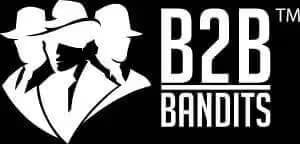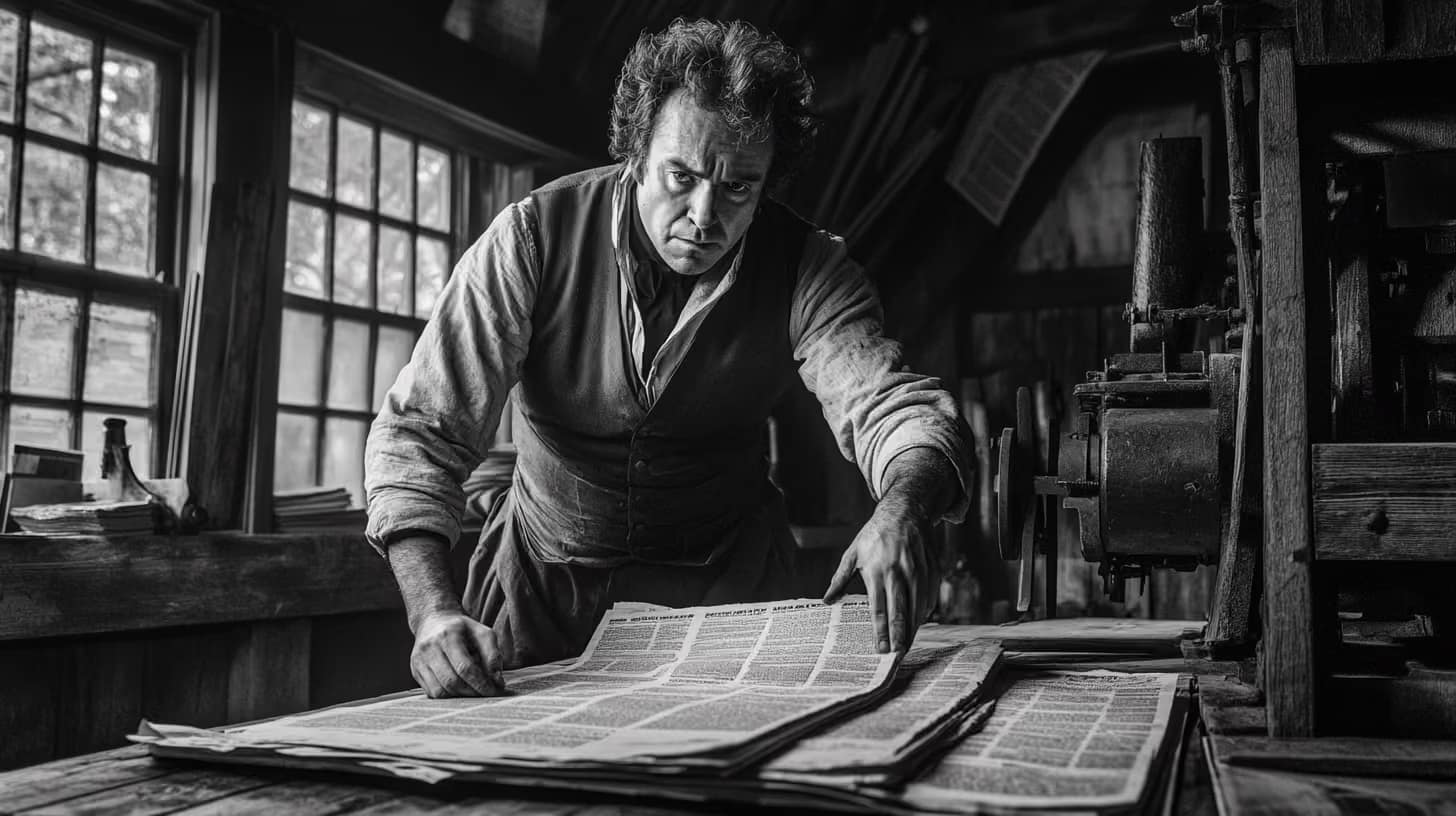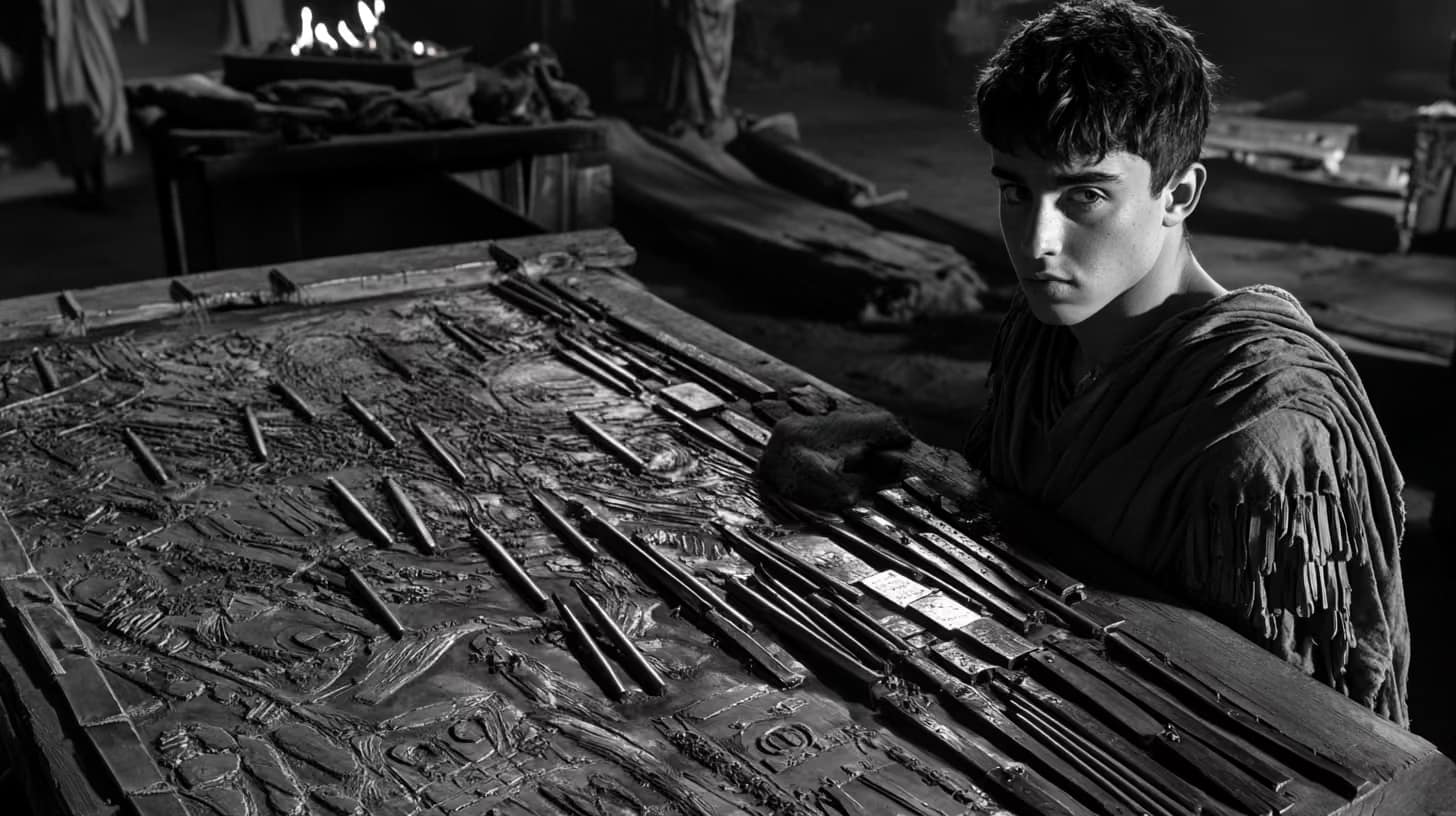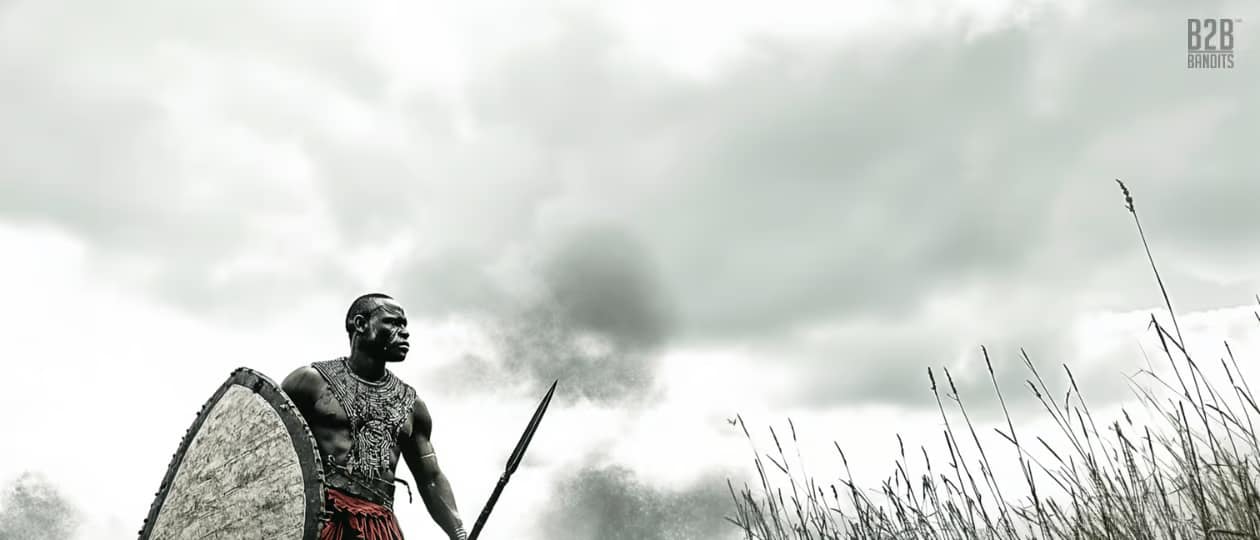An ex-friend (we’ll call him J) called me out of the blue today. I had a hard time remembering why we were ‘ex’ friends, so I took the call and he told me about the last few chapters of his life story. In the past few years, J’s lived what I like to call, the story worthy life.
When he was living in Seattle making a living digging graves, his girlfriend had an aneurysm while they were sleeping. He said he, “woke up to her cold and dead.” He spoke at her service, and buried her that same day. His family bought him a ticket to Alaska for a strange way to deal with his grief … in the form of a working Howitzer cannon leftover from WWII. The mountain opposite the borrowed gun is still pockmarked with his sadness projectiles.
After wandering and walking thousands of miles all over the Western US, he picked up work as a ranch hand in Wyoming and learned to be a farrier (puts shoes on horses). Still dealing with volumes of pain, J would take long directionless walks, then turn around and walk home after his head cleared. On one of these walks, a young black bear attacked him. His farrier tools still attached to his belt, J was able to fight back. After a violent tussle, he killed the bear by stabbing it in its face and eyes. After the hospital stitched up multiple gashes on his back, he got back to work and met a cowgirl and fell in love again. He’s grown a bit smarter, and now remembers to bring a rifle on his therapeutic walkabouts.
In my own pursuit of the story worthy life (a philosophy I adopted after my 2005 divorce), my perspective on what it actually means has changed in huge ways. A bit of background first.
A story:
1) has a beginning, middle and end
2) includes at least one character
3) shows the character dealing with some sort of conflict
Now, using that framework, anyone’s life would be story worthy by definition. But I’ve always wanted to live a life worth a retelling or three.
A great story:
1) has something in it that rings familiar
2) develops contrast to highlight something novel, something new
3) shows the character starting in one state and ending in another state
Familiarity is most commonly injected into Hollywood stories by sticking to a variant of the old as time mythic structure known as the Hero’s Journey (think STAR WARS and THE LORD OF THE RINGS). Also, involving some archetypal characters or tropes (think of the hero, sidekick, femme fatale and wise helper characters in BATMAN) makes strangers into acquaintances increasing the familiarity and evolutionary pattern recognition.
Contrast is created with a standard setup … the hero does X expecting Y to happen, but instead Z happens.
A character’s change in state (called value change in screenwriting) is a binary tactic. If the hero starts sad and hopeless, then he’ll end happy and hopeful.
Now how did I apply this to my life?
In the beginning, I obsessed about contrast. Stepping out of my comfort (and moral) zone in a nearly compulsive fashion. Dating undateable women – recovering polyamorists anonymous anyone? Working in jobs I was grossly unqualified for. Moving into neighborhoods I couldn’t afford. Driving a rusted out ’68 Dodge Dart (complete with broken gas gauge) as a commuter vehicle. Taking one way trips, without the scratch for the return ticket. You get the point.
And you know what? It totally worked. In a few cases, those violent detours from my norm, brought me new friends, stronger community and a business that has been feeding my family for nearly a decade. And in the majority of cases, the skills I had to develop to wriggle out of the jams I consistently got myself into, made me strong as fuck. They were some entertaining stories at worst. However, my lifestyle made me emotionally ragged.
The next few chapters of my life read like a boring journal of my relentless pursuit of a new normal and the seemingly familiar. In a Hollywood blockbuster, it would have been compressed down to a 30 second montage of family life – shuttling the kiddo to Karate class, walking the dog, teaching Anna how to ride a bike, swimming in a nearby creek, cooking at home, cutting down a tiny tree for Christmas.
And it totally worked. I can’t say that I was overjoyed / happy / blissful, but I had found peace. It felt uncomfortable for a long while, since I don’t think i had ever found any lasting peace before.
The few chapters after that moved back into ‘busting outta the comfort zone’ mode. And that also totally worked. The stories ran the gamut of fetal position failures, to 80’s slow clap public success. Naughty love scenes, to crying fights. Slow dancing, to a boisterous Charleston. Folger’s moments, to hellish realizations. Explosive inspiration to explosive bowels. Story worthy. Hard. Entertaining in hindsight.
And now? I’m not sure. I’m faced with a few choices:
- Start writing / living a new chapter
- Create a spin-off series … same universe, same faces, better characters, better stories – think American Horror Story.
- Rewrite my story … I recently learned in my studies in psychotherapy that ‘story editing’ is a useful method for reframing your wins and losses, pains and gains, etc… to make room for more lasting peace and happiness in future chapters.
Getting back to J … Near the end of our long conversation, he confided in me that he felt lost. “I don’t know what I’m supposed to do next. Everything is so confusing.” I gave him what little advice I had earned in that department, and said bye. It put in me into a mega-thoughtful space for the rest of the day. In the end, I realized that my credo of the story worthy life was missing one gigantic element.
The supporting characters in my story, are ALL trying to be the heroes of their own stories.
Most of the happy moments and chapters in my life were wholly unintentional. When a page of my story helped someone live a happy scene in their story, I felt whole and perfect. (Sci Fi nerds know this as the crossover episode).
Until I get some hot-flash of epiphany-ridden inspiration, my cocktail napkin plan for living my next volume of The Life of Nate Wright, will likely look like this.
- Start a writing a new page … not knowing / caring if it’s a page, chapter or volume. But knowing that the previous pages were painful means that I need to plot a path to a value change. Pain to pleasure. Fuck knows how I’ll pull that off. Maybe I should take my own advice on the subject.
- Rewrite some previous chapters … If I’m being brutally honest with myself, I’ve painted myself as the hero when I behaved like the villain, and weakly when I was actually the strongest. My throughline is a bit jagged in places.
- Listen / watch hard when interacting with other people’s stories … and whenever possible, help them live a better page to make their next chapter that much better. Some days that will be listening, some days a kind word or helping hand, and some days will require taking massive action.
I’ll close out with one of my favorite quotes on writing from the fellow with the parrot:
“Writing is easy. All you do is stare at a blank sheet of paper until drops of blood form on your forehead.”
– Gene Fowler –
Get a weekly jam delivered to your inbox chock full of ‘in the trenches’ lessons in productivity, habit breaking/forming, human expert interrogations and gritty anecdotes.







